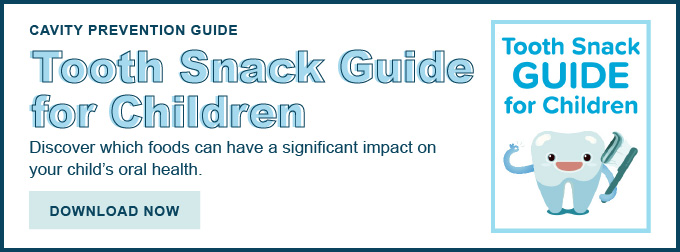Why Hasn’t My Kid Lost a Tooth? If your child hasn’t lost their first tooth…
When Should I Be Concerned About Baby Not Having Teeth?
New parents are always excited for all the “firsts” in their child’s life. The first time your baby smiles, laughs or rolls over on their own are all amazing milestones in your child’s development. But among all the firsts, the eruption of baby teeth isn’t always an easy transition. In fact, many experienced parents do not look forward to this time. Teething can bring with it fevers and an achy, crabby baby. But what if your child’s teething hasn’t begun yet? Well, not to worry, some babies take a little extra time to start the teething process.
To schedule an appointment with a pediatric dentist in Muscatine,
call (563) 607-5979 today
Is It Normal for a 1-Year-Old to Have No Teeth?
The simplest answer is yes, and no. Human variation is vast and means that some babies will get teeth early and might even be born with one or two. But some babies will get their teeth much much later than their peers. Babies are actually born with all their teeth partially formed below the gumline. However, in some infants it just takes a little longer for those pearly whites to make an appearance. This can be very normal. Just because your baby isn’t chomping down on a teething ring just yet, doesn’t necessarily mean that anything is wrong.
How Late Can Baby Teeth Come In?
The average time for infant tooth eruption is between the ages of 4 and 15 months. Typically, babies have the two bottom front teeth erupt first, then four white buds will appear on the center from top gums. Over a period of a few months, two teeth will erupt on either side of the top gums, followed by the bottom gums. Most children tend to follow this pattern, though there is variation in this process. By the time the child is three, they should have a toothy grin of 20 teeth. Permanent adult teeth will start to come in around the age of five or six.
Related: Is fluoride bad for you?
When Should I Be Concerned About Baby Not Having Teeth?
There are many reasons that a child might have a delay in tooth eruption. In fact, most parents will not have to even think about the exact timing of their children’s teething schedules. However, if your child is 18 months or older and has not had any teeth erupt from their gums, it’s a good idea to make an appointment for your child at the dentist. Baby teeth are important for many reasons. At around 6 months of age babies are generally introduced to solid foods, and baby teeth are an important part of learning how to chew and enjoy food properly at later feeding stages. This is why it’s important to find out if your child’s late tooth eruption is of serious concern.
Related: How often should I take my kid to a children’s dentist?
What Causes Delays in Tooth Eruption?
There are a few factors that dentists have discovered may lead to a child having later than typical tooth eruption.
- Extra Teeth (Supernumerary Teeth)
- Premature Birth
- Low Birth Weight
- Family Traits
- Nutrient Deficiency
- Genetic Abnormalities
If you have any concerns about the late arrival of your baby’s teeth, be sure to make an appointment with a highly regarded dentist in your area. Delayed tooth eruption, while generally not something to worry about, can lead to dental problems later in life. A professional dentist will be the most knowledgeable about the many reasons for late tooth eruption in infants. It’s best to find out from a licensed dental specialist if you should have any cause for your concern. Taking care of your children’s teeth really does start in infancy. Finding the right dentist to partner with you to help your child’s dental health should start early as well.




